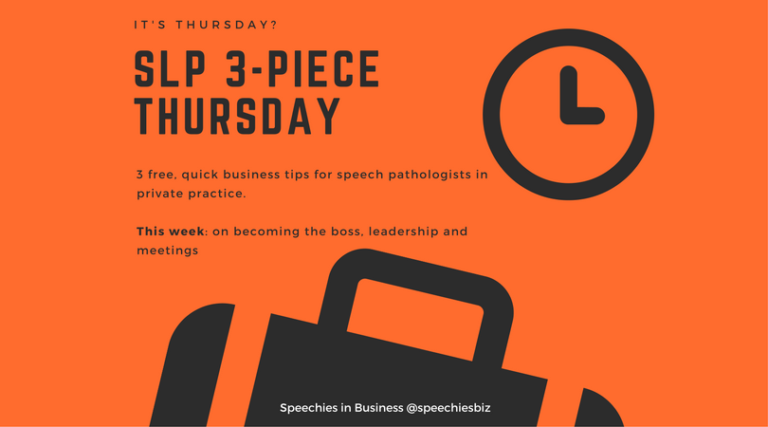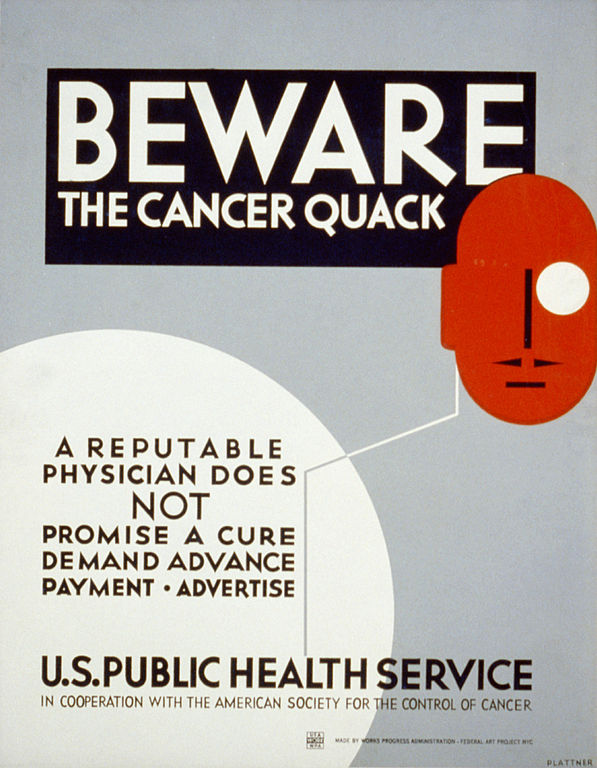The tech-savvy speech pathologist: 5 technology-based ethics challenges and how to tackle them
When people tell me about the so-called “evils” of new technologies, I tell them about one of my first jobs as a lawyer for a big law firm.
I was working on a big international transaction led by one of Australia’s leading lawyers. Sounds glamorous? My job: to come in on Saturday morning and sit by the banks of fax machines (there were about 30 of them) and wait for an important fax from the client. While I waited, I affixed bar code stickers to documents. Then I photocopied each document and put the copies into blue lever arch folders. I then numbered the folders and dictated a note about what I’d done onto a tape recorder to be transcribed by a secretary. After 12 hours of barcoding, the fax arrived. I snatched it, still warm, and called the senior associate. I then read it out – twice – and went home.*
These days, of course, no one sits by fax machines waiting for documents. We check our emails instead. (Sometimes, several times a minute.)
It’s trite to say that technology has changed the way many professionals do their work. New technologies can make our jobs easier. But they trigger a bunch of ethical challenges, too.
Lawyers, such as Tahlia Gordon, have been talking about these issues in the legal sector for a while. Many are just as relevant to speech pathologists.
Here are 5 technology-related ethical issues we all need to think about:
1. Mobile device and “wearable” data breaches
Issue: Most speech pathologists use mobile phones, iPads and other mobile devices for work. I’ve spotted a few trend-setting speech pathologists wearing Apple Watches and other “wearables”. Client confidential information stored on devices like these can leak or be misused. Devices can be lost or stolen. They can also be hacked, e.g. when using unsecured wireless networks in cafes. Often, the information stored on our devices is unencrypted.
Mitigators: Your Code of Conduct should cover technology use, prohibit work via unsecured networks, require password protection, and encryption of sensitive confidential information. Client consents should be requested and obtained before sending reports and other data to them over unencrypted networks.
2. Social media misuses and abuses
Issue: Lots of speech pathologists use Facebook, LinkedIn, Twitter, YouTube, and other social media platforms, especially in private practice. Ethical risks include accidentally disclosing confidential information, breaches of our advertising rules (see Speech Pathology Australia’s Policies & Procedures Manual, Section 3.03), saying something defamatory in the heat of the moment (e.g. when responding to a “troll”, negative online review or challenging comment, inadvertently forming a speech-pathologist-client relationship (e.g. by giving advice over social media), and being hacked.
Mitigators: Have a robust Social Media Policy and enforce it. On social media platforms like Facebook, adopt House Rules about the types of behaviour that are not tolerated when interacting with your page.
3. Plagiarised and ghost-written online content
Issue: Content-rich blogs can attract clients and establish credibility and authority. However, it takes time to establish and maintain a decent blog, and many speech pathologists simply don’t have the time to do it. Sometimes, it can be tempting to use someone else’s work, presenting it as your own without attribution. This is plagiarism and is unethical. Another option is to outsource your blog to a junior staff member or freelancer or “ghost-writer”. If mishandled, these ghost blogs can damage your reputation: a blog that purports to be written by you but is in fact written by someone else may be deceptive. It can also undermine the trust that a good blog establishes with readers. Ghost-written blogs may also be factually incorrect – especially if written by a freelance writer with a limited knowledge of speech pathology. As the blog owner, you have an ethical responsibility to ensure that the information included in your blog is accurate and not misleading.
Mitigators: Always attribute sources. Use appropriate website disclaimers. Have a clear editorial policy about your content. Review blog content critically before posting to ensure it is technically correct and not misleading.
4. Cloud-based software
Issue: Services like Dropbox, Evernote, and Google Docs are cost effective tools to create, edit, share and access documents from multiple devices. But using these services can be an legal and ethical minefield when it comes to questions like “Who owns the data?”, “Where is the data stored?”, “Is the data confidential, encrypted and/or otherwise protected?”, “Who can access the information?”, “What happens if the service provider goes bust?” and “Does the service comply with applicable privacy and health record laws?”. Regulators like the Office of the Australian Information Commissioner have published lists of questions to ask cloud-based service providers about privacy. But, in practice, it’s very difficult to get straight answers to these questions from service providers, and impossible to negotiate changes to the service terms of big generic service providers like Dropbox.
Mitigators: Have a well-drafted Privacy Policy and follow it. Don’t store confidential client data in the cloud. If you do, investigate “medical quality” cloud storage systems that warrant that they are compliant with privacy and health record laws, rather than generic cloud-based storage services like Dropbox.
5. Giving free advice online
Issue: These days, any member of the public with an Internet connection is a potential client. The line between general informational advice and speech pathology advice can be hard to draw, particularly if you respond to specific comments and questions made by users in response to content on your site.
Mitigators: Use appropriate disclaimers. Do not offer recommendations tailored to the unique facts of a person’s circumstances online. Instead, invite the person to contact you personally to discuss their circumstances and to explore whether you are in a position to help them prior to deciding whether to establish a speech pathologist-client relationship.
Bottom line
Almost all speech pathologists use technology to deliver speech pathology services to clients. Most of us – me included – probably don’t give much conscious thought to some of the ethical issues that arise from new technologies. We should. It’s tempting to wait for professional bodies and ethics experts to figure out rules to manage some of these issues. But we should use our professional judgment to decide how to use technology ethically in our everyday practice, remembering that our professional ethics are based on values, not rules.
Principal source: Gordon, Tahlia. (2015). 7 ethics nightmares you didn’t know you had. Law Society of NSW Journal Issue 13 (July), 34-37.
* Actually, being a Saturday night in the 1990s, I probably went to the pub.








